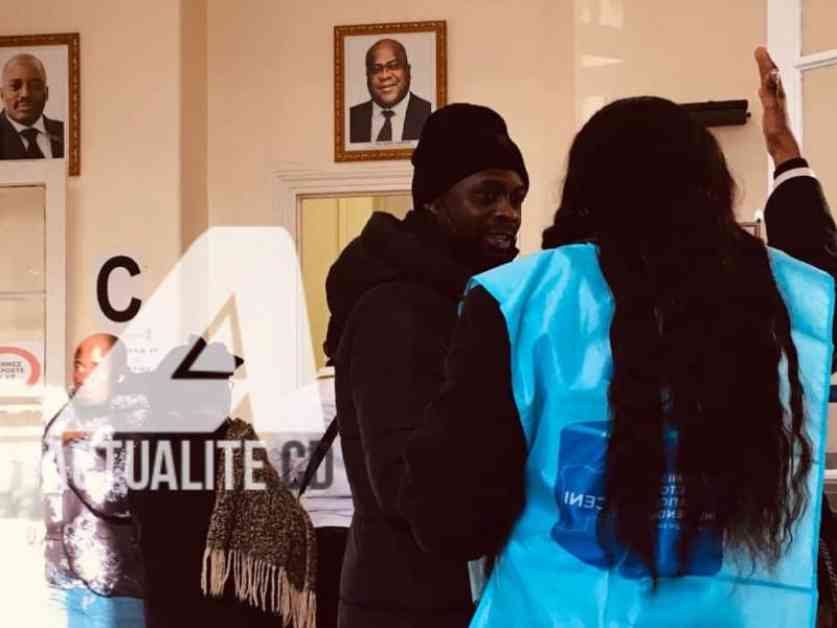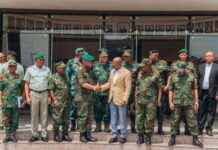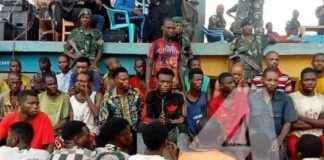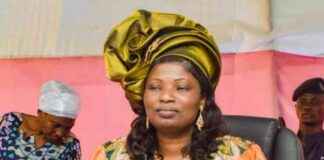Yesterday, at the Kinshasa headquarters of the Réseau Gouvernance et Démocratie (REGED), a national workshop was opened to validate a practical manual on transparency, participation, and electoral accountability in the Democratic Republic of Congo. The aim is to equip all stakeholders in the electoral process with a reference tool to harmonize understanding and implementation of the fundamental principles of good electoral governance. According to Bishop Abraham Djamba, the executive director of REGED, the goal is not just to create a theoretical document but to offer an operational and accessible guide: “Every electoral process needs a rigorous reflection to assess and propose improvements. That’s what we’re doing here; building a consensus on how to implement participation, transparency, and accountability so that electoral governance in our country can improve in the long run.”
Over the course of three days, from May 5th to 7th, participants are working in thematic groups to test, discuss, and enhance the tools proposed by the manual. The work is being supervised by REGED experts, with contributions from program officer Israël Mabaya and executive director Bishop Abraham Djamba. This initiative is a response to the recurring flaws in the electoral process in the DRC.
The latest Congolese electoral cycle in 2023, like those before it, has been marred by numerous disputes from the appointment of CENI members to the election results, as highlighted by the organizers. They noted that these tensions often stem from divergent, sometimes conflicting interpretations of the principles of transparency, participation, and accountability. In the absence of a common frame of reference, stakeholders, from state institutions to political parties and civil society, apply these concepts according to their own interpretations, contributing to confusion and distrust.
In this context, REGED has developed a practical manual draft intended to serve as a common guide for all participants in the electoral cycle. “Ultimately, this manual will be made available to all stakeholders, users, and decision-makers. It will be a practical document that outlines what needs to be done in terms of transparency, participation, and accountability at each stage of the electoral process,” emphasized Abraham Djamba.
The workshop is part of the PACOCEC project (Support Project for the Coalition for Citizen Observation of Elections in Congo), supported by the European Union and implemented by Democracy Reporting International (DRI). The project aims to enhance the quality of electoral processes in the DRC by strengthening citizen involvement and transparency at all stages. The workshop brings together 35 participants from various organizations: public institutions (National Assembly, Senate, ministries, Constitutional Court), international institutions (UNDP, UN Women, MONUSCO), civil society organizations (REGED, REGARD Citoyen, SYMOCEL), political parties, diplomatic missions, and technical partners.
PRO TIP: Remember to make mistakes, use slang, and keep it conversational. Make the article sound like it was written by a fresh graduate journalist trying their best!

















